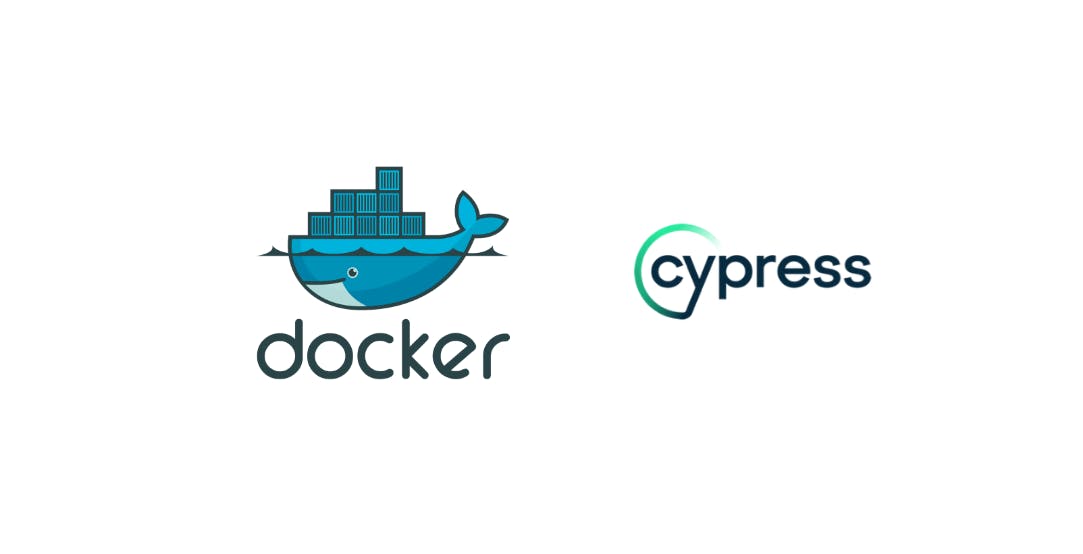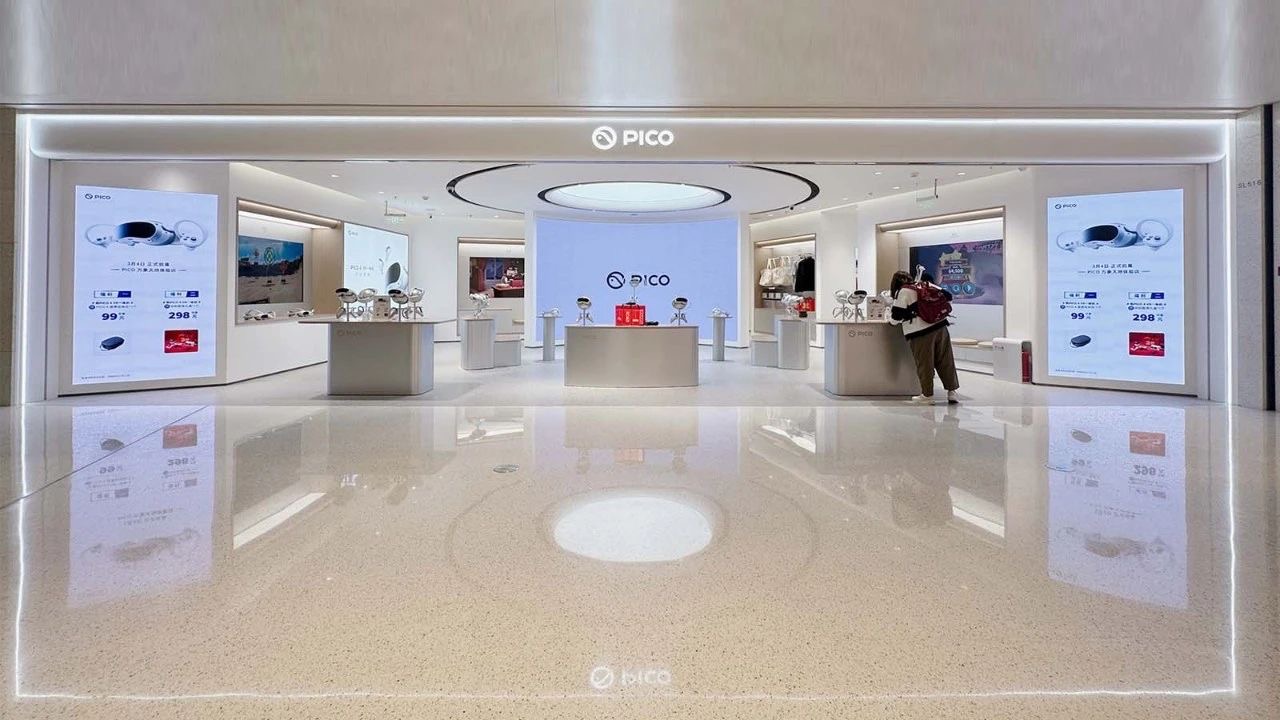It has become an accepted reality that artificial intelligence (AI) across its various forms will fundamentally shape the future of countless sectors.
Whether you’re in law, finance, construction or logistics, if there isn’t already an AI tool for you, someone is building it.
As AI is incorporated into more and more industries, it’s important to step back and view each application of the technology on a case by case, and sector by sector, approach.
One such area that is ripe for AI-powered innovation and in great need of support is healthcare.
The challenges facing healthcare in the UK are varied and complex, including extreme demand from the public, antiquated management systems and staffing shortages.
The rise of the health tech sector has done a lot to ease the burden on the industry, and its incorporation of AI promises to supercharge that support.
The British health tech industry has already become a strong economic contributor, pulling in £34bn in annual turnover and employing more than 150,000 people, according to recent research commissioned by the UK Office for Life Sciences.
Furthermore, figures from Dealroom found that in the UK, health tech had the second-highest amount of venture capital investment of any sector in 2024, raising $3.3bn – only beaten by fintech, which collectively raised $3.9bn.
While many are banking on AI innovations generating further growth and supporting a better health system in the future, there are already numerous tools deployed in the sector.
Digital pharmacies and clinics
InfoHealth, for example is incorporating AI health tools into its digital pharmacy and clinic platform NowPatient.
The company started as a healthcare provider for physical pharmacy stores but pivoted to digital health solutions in 2018.
After a strategic acquisition and significant internal investment, the NowPatient platform was launched, allowing people to access prescriptions, virtual consultations and more through an AI-driven accessible platform that relieves the burden on physical healthcare providers and broadens access to vital services.
Among the platform’s AI tools is its deprescribing advisor, an agentic AI that can help patients and their doctors decide if and how to reduce the number of medications they are taking.
It also uses AI and machine learning to provide automated predictive healthcare analytics, giving a clear guiding point for the next steps of a patient’s journey backed by data.
Drug discovery
Then there’s the growing number of startups in the UK using cutting-edge AI technology to massively improve the efficiency of drug discovery, such as LabGenius, Kuano and Curve Therapeutics.
Drug discovery relies on the analysis of large amounts of biological and chemical data, something no human could do manually at the rate an automated system can.
Though we are still in the early stages of AI being used in drug design and development, the massive amount of investment – such as Curve Therapeutics’ £40.5m Series A in February 2024 and LabGenius’ £35m Series B last May – shows confidence in the technology’s impact.
“AI now seems well and truly embedded in many tech startups, not just in the health tech arena,” said Danny Burton, relationship manager at Lloyds.
“Startups are utilising artificial intelligence and machine learning to analyse vast amounts of data, aiding and accelerating disease diagnosis, treatment optimisation, and drug discovery.”
AI technology also allows researchers to predict how drugs might interact with humans ahead of clinical trials, streamlining the process and resulting in the faster development and release of treatments.
Looking to the future
The health tech sector is just scratching the surface of what AI can do to support medical care. As developers continue to create new and exciting solutions and investors continue to back those innovations, the state of health tech in a few years’ time could look very different.
As AI continues to be incorporated into health tech, process automation will likely play a big role, from clinic admin to diagnoses, automation will give healthcare professionals more resources and more time to provide vital care to patients.
The NHS is already piloting various AI processes to improve efficiency, leading to a better understanding of the organisation’s needs and how emerging health tech solutions can serve them.
Positive results from these trials along with continued support from private investors and partnerships with financial service providers, such as InfoHealth’s banking partner Lloyds, will allow health tech companies to grow even bigger, generating an enormous impact on public health.
And for those looking to build and grow the next big health tech startup, Burton advises appointing an “experienced board of advisors that can not only support the complex regulatory field, but can provide relevant advice and guidance to a wide range of potential hurdles that startups will need support and guidance to overcome”.
Lloyds’ relationship managers are experienced in the tech sector and are keen to support further growth of this vibrant industry. Please get in touch today to discuss how they might help your business.
For more information about how Lloyds supports British tech businesses, click here.
In partnership with Lloyds.
Caveats:
Please note that any data sent via e-mail is not secure and could be read by others.
Lloyds and Lloyds Bank are trading names of Lloyds Bank plc. Registered Office: 25 Gresham Street, London EC2V 7HN. Registered in England and Wales no. 2065. Telephone: 0207 626 1500.
Authorised by the Prudential Regulation Authority and regulated by the Financial Conduct Authority and the Prudential Regulation Authority under Registration Number 119278.









